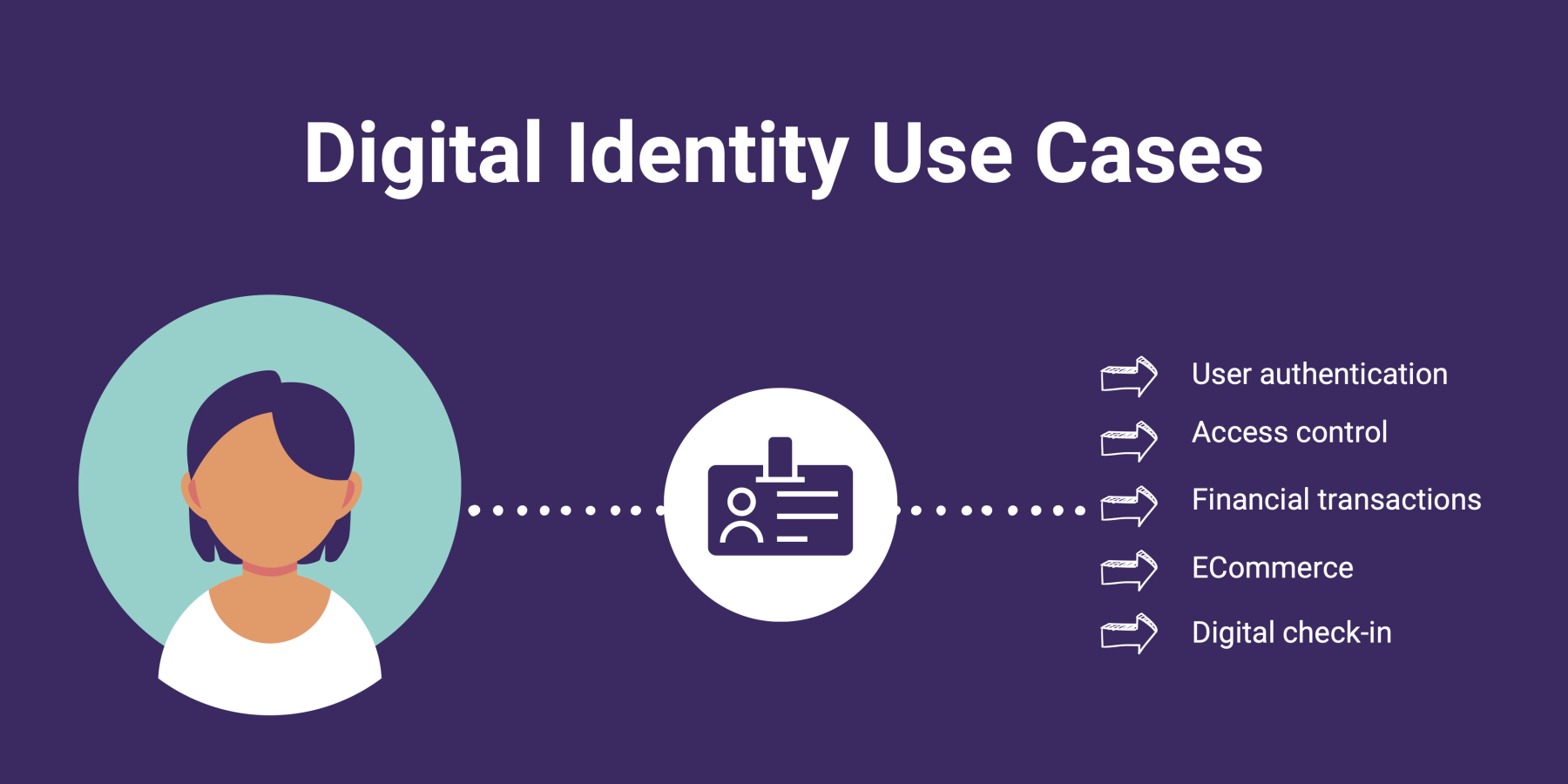ENISA's standards for digital identity and ID solutions Written on

With businesses spreading across borders, digital services and transactions are becoming more common. Pandemic and technological advances are accelerating the pace for digital interactions, meaning that more attention must be paid to digital identities and the underlying topics.
In this article, we'll take a look at the European Union Agency for Cybersecurity (ENISA) requirements and standards for issuers and verifiers of digital identities.
Defining digital identity and its use cases
Digital identity refers to the unique representation of an individual or organization in the digital realm. It includes a set of attributes, characteristics, and credentials that establish and differentiate entities within the digital domain. Just as a physical passport or driver's license validates a person's identity in the real world, digital identity serves as the virtual equivalent, enabling secure interactions and transactions across various online platforms.
Digital identities can be used across almost every industry and business. Some of the most common use cases for digital identity include:
User authentication and access control
Digital identity plays a pivotal role in verifying and authorizing user access to digital services, systems, and networks. It enables the implementation of multi-factor authentication, biometric recognition, and other security measures to ensure that only authorized individuals can access sensitive information and resources.
Payment authentication and financial transactions
Digital identity facilitates secure online financial transactions, enabling individuals to open bank accounts, apply for loans, and conduct electronic payments with confidence.
E-Commerce and online services
E-commerce platforms rely on digital identity to establish trust between buyers and sellers. Customers can create accounts, make purchases, and track orders using their digital identities, fostering a seamless and secure online shopping experience.
Travel and hospitality;
Digital identities streamline hotel check-in and allow guests to save time when arriving. Also, they allow hotels to leverage loyalty programs and match guest preferences and history to capture cross and upsell opportunities.

Standards for identity management and ID solutions
On this document, ENISA presents an extensive analysis of the most important standards for digital identities. This is extremely helpful to better understand best practices and find out what requirements vendors should abide by when looking for an ID solution.
Digital identity standards cover several areas, from policies, formats and protocols to be used to recommended processes and algorithms. From all analyzed standards, these stand out.
General standards
ISO/IED 24760: specifies fundamental concepts and operation structures of an ID solution so it can meet business, regulatory, and legal obligations.
FIDO: comprises three sets of specifications oriented to passwordless strong user authentication.
Regulatory standards/h3>
eIDAS: includes a set of requirements and specifications for digital transactions.
AML: sets the standard for money laundering prevention.
Biometric standards
ISO/IEC 30107-1/30107-2: provide a foundation for presentation attack detection, a must-have for any ID solution.
Self-sovereign identity
ESSIF (European Self-Sovereign Identity Framework): relies on W3C standards, such as Decentralized Identifiers and Verifiable Credentials/Presentations, to establish the processes to issue, manage and verify credentials.
Our vision for the future of digital identity
As we explore the multifaceted dimensions of digital identity, it becomes apparent that it is the key to secure online transactions. Just as a physical identification document validates our identity in the physical world, digital identity forms the bedrock of trust and security across diverse digital platforms.
The spotlight on standards, as elucidated by ENISA, amplifies the importance of adhering to established guidelines and best practices. These standards encompass a wide spectrum, ranging from fundamental operational structures to intricate cryptographic mechanisms.
Navigating the realm of digital identity standards provides a roadmap for creating robust, trustworthy, and innovative ID solutions. As Youverse reinforces its commitment to transform authentication and identity verification processes, these standards are the baseline to develop our products and ID solutions.
YouID is our ID solution that offers robust registration and identity verification mechanism, anti-spoofing/liveness checks, document OCR and validation and face biometric verification.
Watch the video above to learn more about it and book a 15-minute conversation with our team of experts to test it for free.






